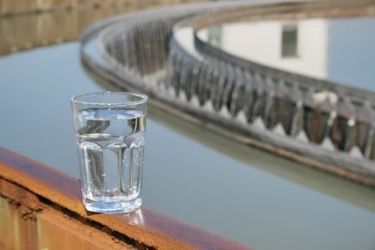Phoenix Announces Ambitious Potable Reuse Plan


As one of the biggest cities in one of the driest regions of the world confronts increasingly intense drought, it’s now set to employ an innovative, treatment-focused solution.
“The city of Phoenix announced its plans … to recycle wastewater for drinking purposes in the near future as Arizona is on the heels of even more cuts due to the shrinking Colorado River,” ABC 15 reported. “The plan is set to be implemented within the Valley by 2030.”
Recycling wastewater directly into drinking water without first recharging it into the environment, a practice known as “potable reuse,” is generally advocated by knowledgeable members of the treatment industry as being perfectly safe. However, consumers have traditionally been wary of the idea, keeping mainstream adoption of the practice low despite its benefits.
“I wouldn’t be comfortable with knowing my toilet water is being used as drinking water,” one Phoenix resident told ABC 15.
But with consumers of Colorado River water facing federally mandated cuts as supplies dwindle throughout the Western United States, the city is working to stretch its drinking water supply as far as it can.
With the potable reuse program expected to produce 60 million gallons of effluent every day, several nearby cities are set to join Phoenix in expanding its local wastewater recycling facility, preparing a major investment that they hope will add much-needed drought resiliency.
“The multibillion-dollar facility will recycle wastewater into drinking water and provide breathing room to cities as they face reductions in their Colorado River supply,” according to the Arizona Republic. “The plant will purify enough water for 200,000 households a year and water experts say it’s the way of the future.”
As we’re reminded of just how precious clean drinking water truly is, the practice of potable reuse will become much more palatable wherever it’s needed most.
To read more about how water systems like Phoenix’s are adapting to drought, visit Water Online’s Water Scarcity Solutions Center.
